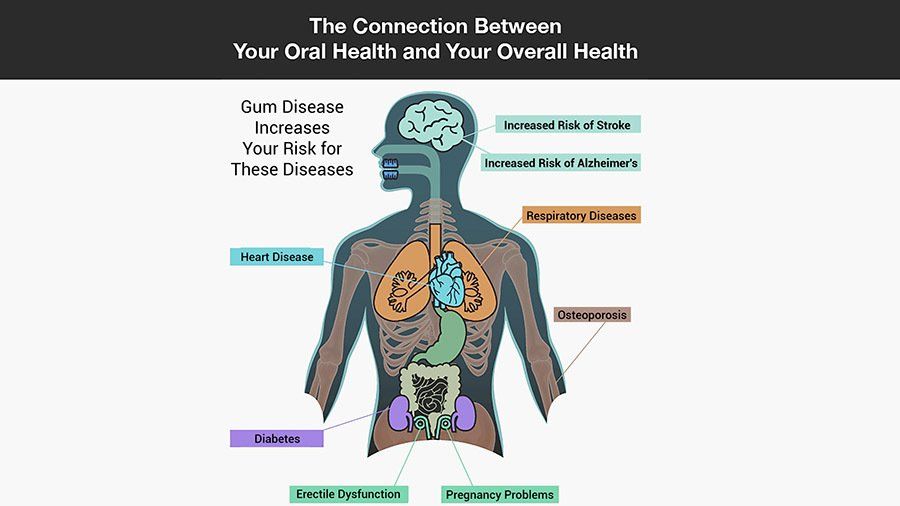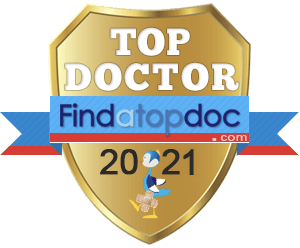Holistic Dental Care Service in Niles, IL
As we know, what is most important in our life is our health. Without health and wellness we cannot enjoy anything else and a healthy body means having a healthy mouth.
Our office is unique in that we see and treat each patient as a whole, not just teeth and gums. Current research shows that the health of one’s mouth has an impact on overall health and vice versa.
Studies have established a definite link between your oral health and your general health. Periodontal or gum disease is the number one reason why people lose their teeth because it attacks and destroys the gum and bone that keep our teeth in our mouth. It also spreads throughout your body which doubles the risk of heart attack and stroke, is linked to respiratory problems, Rheumatoid arthritis, Alzheimer’s, Pancreatic cancer, Oral cancer, Diabetes, and adverse pregnancy outcomes. It is contagious and can be spread through kissing and even sharing drinks and food. It also affects 80% of people, is painless most of the time, but some noticeable symptoms are bleeding gums and bad breath.
Loss of teeth affects your overall health because you are not able to eat healthy foods and affects the ability to chew and digest properly which decreases your lifespan. Loss of teeth also affects the ability to speak clearly, causes negative aging effects on appearance with increase in wrinkles, the face sinks in, neighboring teeth to shift and ruin your smile and affect’s your ability to smile confidently. As we know, the first thing people notice about you is your smile. Losing teeth affects psychological health because it decreases the ability to be close with people because of worry that dentures may fall out, decreasing self-esteem and sense of well being. To improve and protect your health it is important to treat the the condition with prompt, proper treatment and follow up care for prevention.
Dr. Anasinski has received her certificate from the Optimum Oral Health Institute and our office has received extensive continuing education in the correlation between oral and overall health. We use bio-friendly dental techniques and materials that are compatible with your mouth and body and will not compromise your overall health. In keeping with our philosophy of promoting and maintaining optimum health, we also provide nutritional support.
Our Services
We Offer Complimentary Consultations






